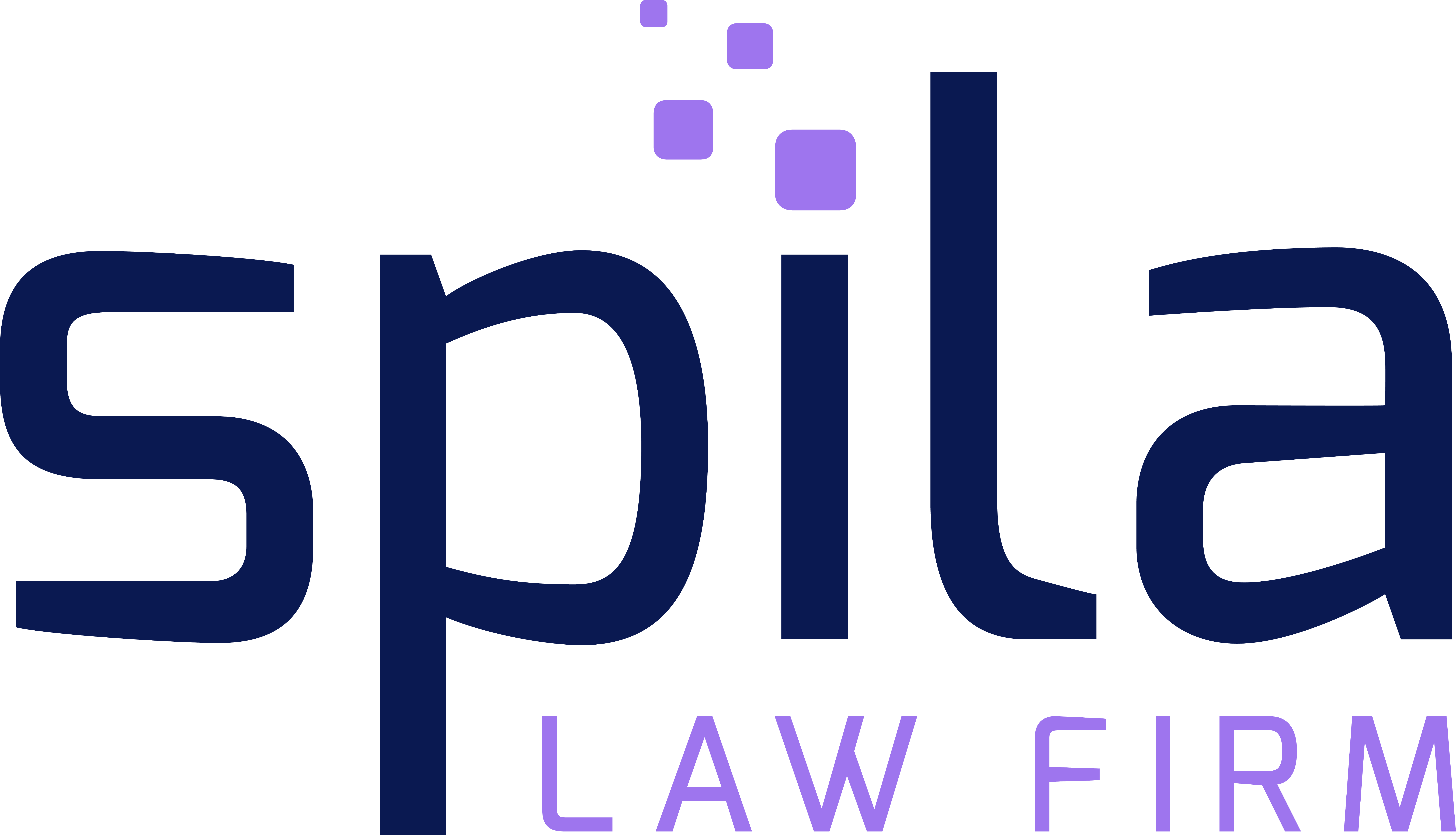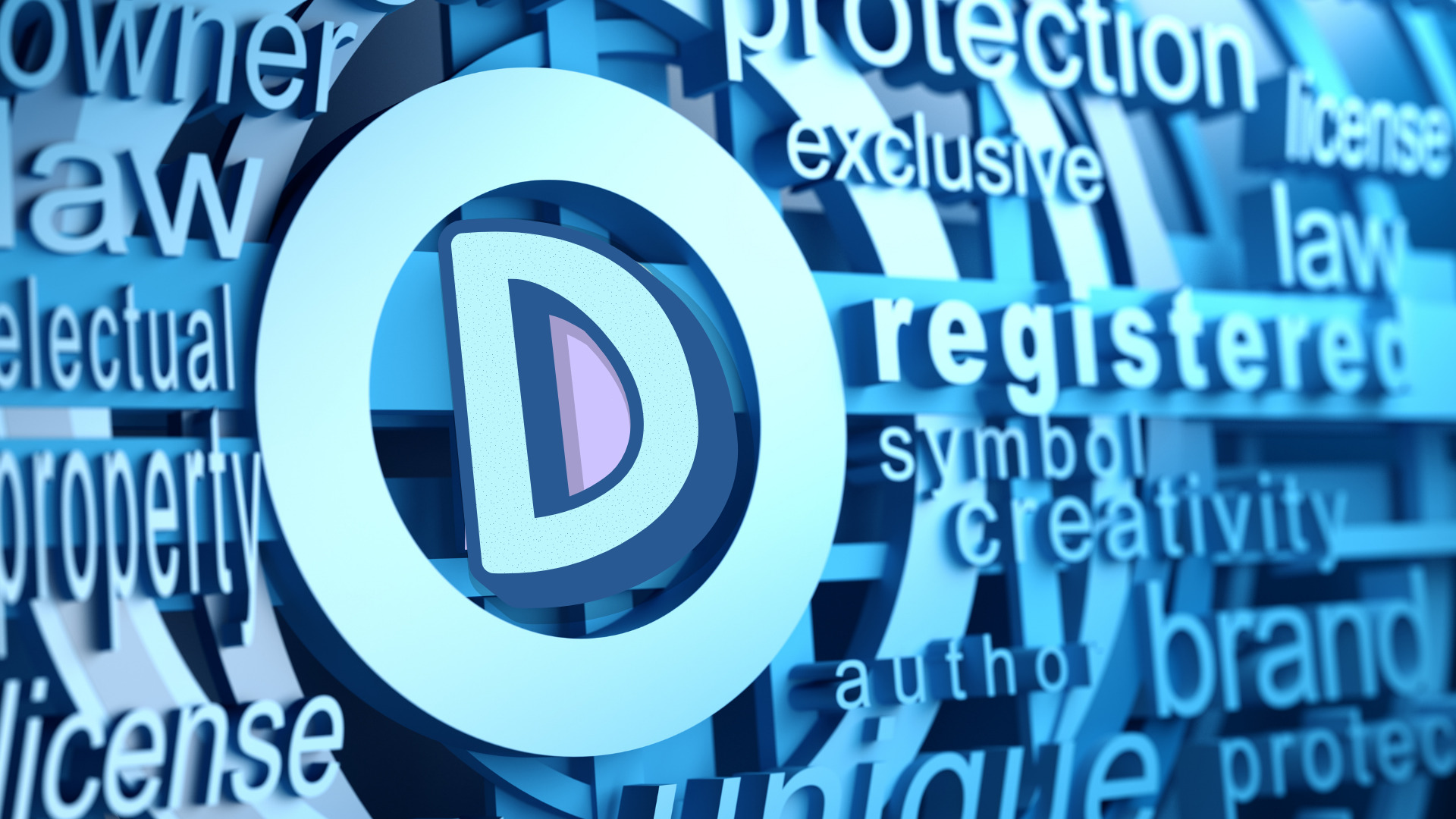Patent Registration – Your Path to Profitability
In the realm of innovation, protecting your groundbreaking ideas is essential to ensuring their profitability and long-term success. Patent registration serves as a vital step in safeguarding your intellectual property and creating a pathway to profitability. By obtaining a patent, inventors gain exclusive rights to their inventions, providing them with a competitive edge, market control, and opportunities for monetization. In this article, we will explore how patent registration can be your key to profitability and the steps involved in securing this valuable form of intellectual property protection.
Securing Intellectual Property Rights
At its core, patent registration offers inventors legal protection and exclusive rights over their inventions. By filing a patent application, inventors establish a clear record of their innovative ideas, preventing others from claiming ownership of or profiting from their inventions without permission. This protection is crucial for maintaining control over your intellectual property and ensuring that competitors cannot exploit your ideas for their own gain.
Market Exclusivity and Competitive Advantage
One of the primary benefits of patent registration is the exclusive rights it grants. With a granted patent, you gain the power to prevent others from using, making, selling, or importing your patented invention without your authorization. This exclusivity provides a significant advantage in the market, allowing you to establish a dominant position and capitalize on your invention’s unique features and benefits.
By leveraging your patented invention, you can differentiate yourself from competitors and attract customers who recognize the value of your innovation. This competitive advantage opens doors to increased market share, premium pricing, and enhanced profitability.
Monetization Opportunities
Patent registration creates a pathway to monetization, allowing you to transform your intellectual property into tangible profits. There are several avenues through which you can monetize your patents:
- Licensing: Patents can be licensed to other individuals or businesses, granting them the right to use, manufacture, or sell your invention in exchange for licensing fees or royalties. Licensing agreements provide a passive income stream and enable you to leverage the resources and expertise of other companies to bring your invention to market.
- Sale or Assignment: In some cases, inventors may choose to sell or assign their patents outright to interested parties. This can involve transferring ownership of the patent in exchange for a lump sum payment or other negotiated terms. Selling a patent allows you to realize immediate financial gains and may free up resources for further innovation.
- Strategic Partnerships: Patents can be valuable assets when forming strategic partnerships or collaborations. Your patent portfolio can attract potential investors, partners, or joint ventures, as it demonstrates the strength of your intellectual property and the market potential of your inventions. Such partnerships can unlock new opportunities, shared resources, and expanded market access, leading to increased profitability.
Enhanced Market Positioning and Brand Value
Patent registration enhances your market positioning and contributes to building a strong brand value. When customers see that your invention is protected by a patent, it instills confidence in the quality, uniqueness, and innovative nature of your product or technology. This perception can lead to increased customer trust, loyalty, and willingness to pay a premium for your patented offerings.
A robust patent portfolio can also bolster your reputation within your industry. It signals to competitors and stakeholders that you are a leader in innovation, capable of developing groundbreaking solutions. This reputation can attract partnerships, investors, and potential acquirers, further enhancing the value of your business.
Defending Against Infringement
Patent registration arms you with legal recourse against infringement, providing a means to protect your market share and profitability. In the event that someone infringes upon your patented invention, you can take legal action to enforce your rights, seek damages, or negotiate settlements. Having a granted patent strengthens your position when defending your intellectual property and acts as a deterrent against potential infringers, safeguarding your market exclusivity and preserving your profitability.
Conclusion
In the competitive world of innovation, patent registration is your pathway to profitability. It offers inventors a range of benefits, from securing intellectual property rights and market exclusivity to creating opportunities for monetization and enhancing brand value. By obtaining a patent, you gain a competitive advantage, protecting your inventions from unauthorized use and profiting from your unique ideas.
Through patent registration, you establish a solid foundation for commercial success. It allows you to differentiate yourself in the market, attract customers who value your innovation, and command premium prices for your patented products or technologies. Moreover, patent registration opens doors to various monetization avenues, including licensing, sales, and strategic partnerships, enabling you to turn your intellectual property into tangible profits.
Furthermore, patent registration provides a means to defend against infringement, protecting your market share and profitability. With legal recourse at your disposal, you can take action against those who violate your patent rights, ensuring that your hard work and creativity are not exploited by others.






